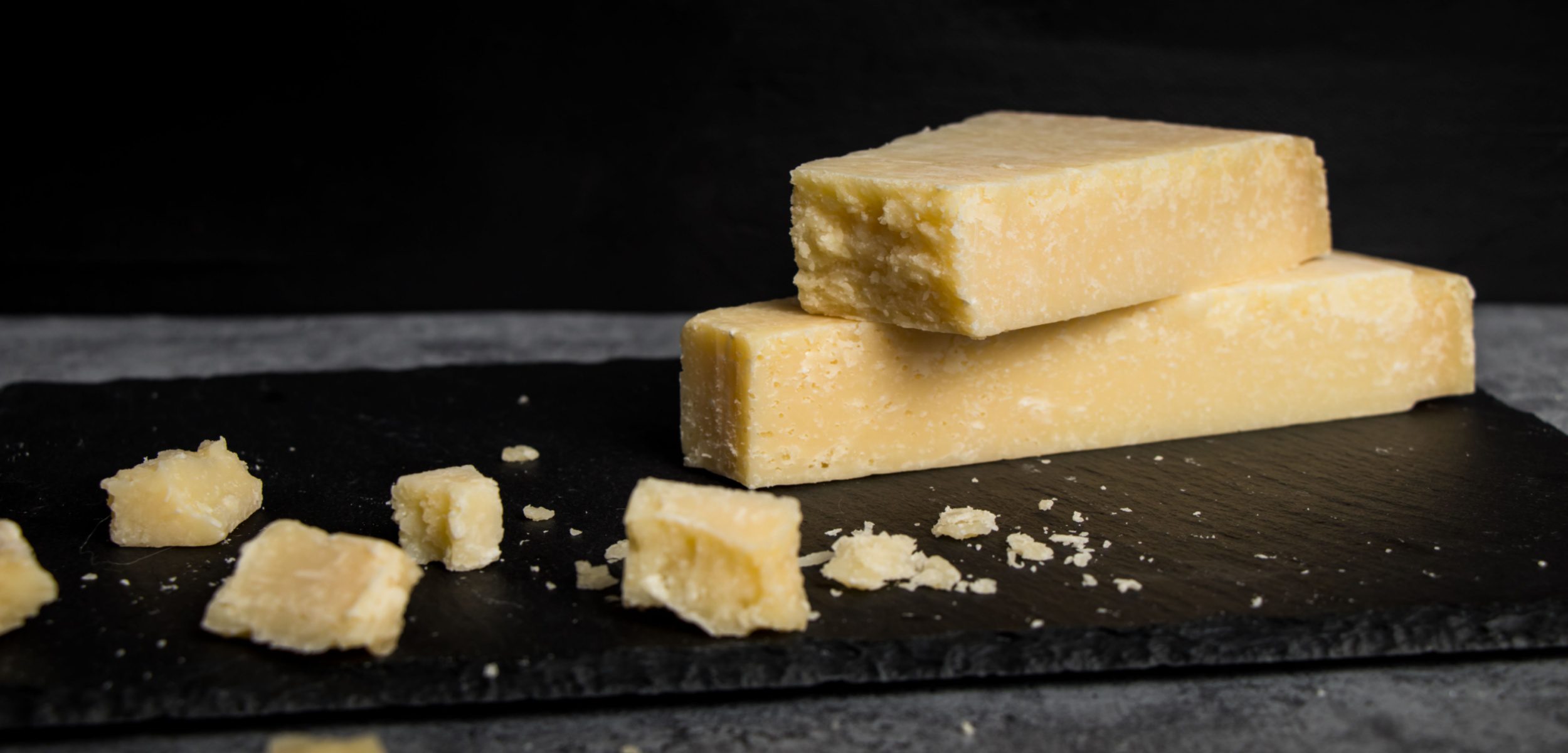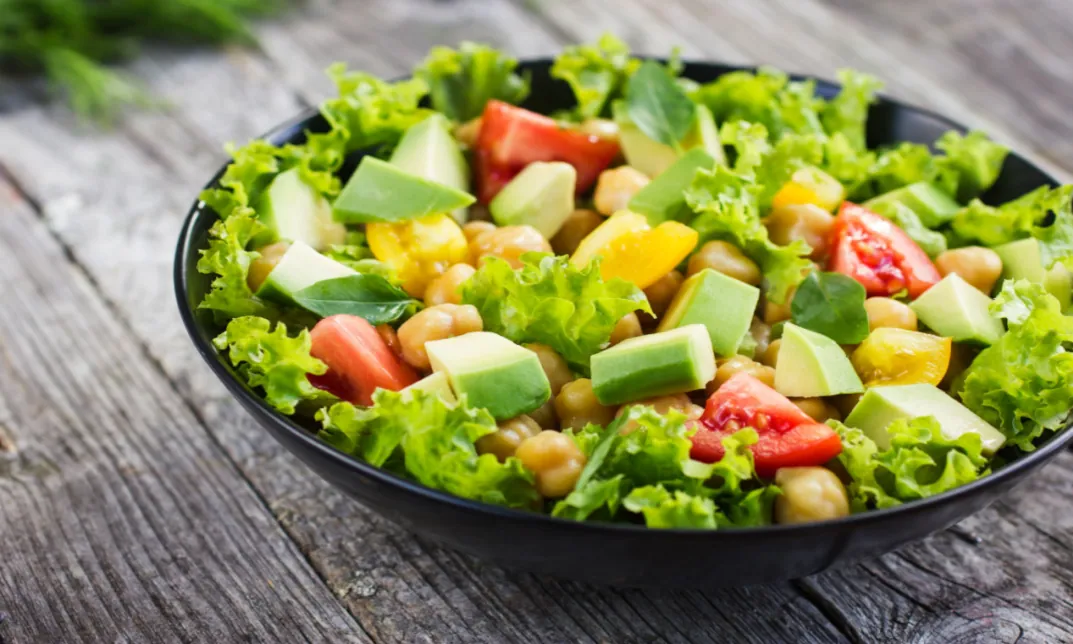Did you know that not all cheeses are suitable for vegetarians? Grana Padano is one of those cheeses that raises this question. But what makes it different, and should vegetarians avoid it? In this blog, we will cover everything about Grana Padano.
What is Grana Padano?
Grana Padano is a hard cheese made in Italy, similar to Parmigiano Reggiano. It is known for its rich, nutty flavour and granular texture, making it a favourite in pasta dishes, salads, and even on its own. Produced in the northern regions of Italy, this cheese has a long history dating back to the 12th century, and it is still made using traditional methods today.
However, it is the ingredients used in these traditional methods that may raise concerns for vegetarians. Therefore, we need to take a closer look at what goes into making Grana Padano to determine whether or not it is vegetarian-friendly.

How is Grana Padano Made?
Grana Padano is made from cow’s milk, but the key ingredient that is of interest to vegetarians is rennet. Rennet is an enzyme used to curdle the milk, separating the solid curds from the liquid whey. Most traditional cheeses use animal rennet, which is extracted from the stomach lining of young calves.
Since animal rennet is used in the production of it, the answer to the question “Is Grana Padano vegetarian?” is, unfortunately, no. This cheese does not align with a strict vegetarian diet because animal products are involved in its creation. This fact often comes as a surprise to many people who assumed that cheese was a vegetarian product.
Why Does Rennet Matter for Vegetarians?
For vegetarians, the use of animal rennet is a dealbreaker because it involves the use of animal-derived ingredients. People who follow a vegetarian diet avoid meat and products made directly from the slaughter of animals, which includes animal rennet. Thus, while milk itself is considered vegetarian, the inclusion of animal rennet in cheese-making makes the final product unsuitable for vegetarians.
Many cheese producers around the world now use microbial or vegetable rennet as a substitute, which makes the cheese vegetarian-friendly. However, traditional cheeses like Grana Padano often stick to animal rennet to maintain the authenticity of their flavour and texture.
Are There Any Vegetarian Alternatives to Grana Padano?
If you’re vegetarian and love the taste of Grana Padano, the good news is that there are alternatives that use non-animal rennet. Many cheesemakers today are aware of the growing demand for vegetarian-friendly products and have started producing hard cheeses similar to Grana Padano but made with microbial or vegetable rennet. These cheeses can give you the same sharp, nutty taste without compromising your diet.
Here is a list of vegetarian-friendly cheese alternatives you can try:
- Vegetarian Parmigiano Reggiano: Some producers make Parmigiano Reggiano with microbial rennet, offering a similar flavour and texture to it.
- Grated Vegetarian Cheese Blends: Several brands offer pre-grated cheese mixes that replicate the taste of hard Italian cheeses but are made without animal rennet.
- Pecorino Romano with Vegetable Rennet: While traditionally made with animal rennet, some Pecorino Romano cheeses now use plant-based alternatives, making them suitable for vegetarians.
- Vegan Parmesan-style Cheese: If you’re also looking to avoid dairy entirely, there are vegan alternatives made from nuts or soy that mimic the texture and flavour of hard cheeses like Grana Padano.
These options offer great substitutes for those who enjoy hard cheeses but want to stay true to their vegetarian principles.
Understanding Different Types of Rennet
Now that we know Grana Padano uses animal rennet, let’s take a quick look at the different types of rennet and how they affect the vegetarian status of cheese.
Animal Rennet
Animal rennet is the traditional form, taken from the stomachs of young calves. This is the type used in the production of Grana Padano and is what makes it unsuitable for vegetarians.
Microbial Rennet
This rennet is produced from certain types of fungi or bacteria. It is widely used in vegetarian cheeses because it doesn’t involve animals.
Vegetable Rennet
It comes from plants like figs, thistles, or nettles. Though less common, it is an excellent option for those following a vegetarian diet.
Genetically Engineered Rennet
This type of rennet is made by altering the genes of certain bacteria to produce enzymes that behave like animal rennet. It is often used in vegetarian-friendly cheeses but may not be suitable for those avoiding genetically modified organisms (GMOs).
Why Is Animal Rennet Still Used?
You might wonder why animal rennet is still used when there are alternatives. The reason lies in tradition and taste. Many cheese producers, especially in Italy, believe that animal rennet gives the cheese a specific flavour and texture that cannot be replicated with other types of rennet. Moreover, cheeses like Grana Padano and Parmigiano Reggiano have been made the same way for centuries, and changing the recipe could alter the product’s authenticity.
Conclusion
In summary, Grana Padano is made using animal rennet, which makes it unsuitable for those following a vegetarian diet. However, there are plenty of alternatives out there that use vegetarian-friendly rennet while offering a similar flavour and texture.
If you love hard cheeses but are concerned about staying vegetarian, be sure to look for products labelled as using microbial or vegetable rennet. This way, you can enjoy your favourite cheese dishes without compromising your principles.
For those who are strict vegetarians or vegans, even more options are becoming available as cheese producers become aware of dietary preferences. Therefore, with a little effort, you can still enjoy rich, tasty cheeses while keeping to a vegetarian diet.





